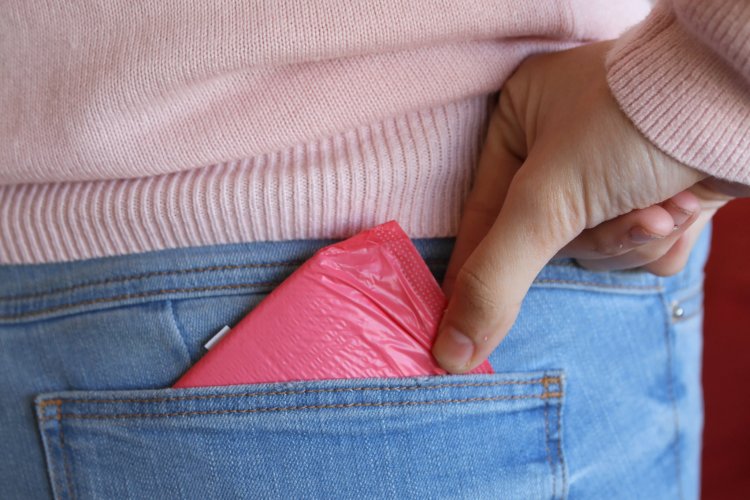Scotland – A ground-breaking judgement to end ‘Period Poverty’

Tuesday, the 24th of November 2020, will go down in history declaring Scotland as a winner country in its efforts to tackle the matter related to menstruation.
Yes, Scotland has become the first country to allow free and universal access to menstrual products, including tampons and pads, in public facilities, for the global movement against ‘period poverty’.
This was not the first time for Scotland. Two years ago, Scotland also made history when it began providing free sanitary products to students at schools, colleges and universities, through a government program. Wales and England followed last year with similar programs that provide free sanitary products in schools.
In 2018, the Scottish government had announced that students in schools, colleges and universities across the countries would be able to access sanitary products for free, through a £5.2 million investment. In 2019, it allocated another £4 million to make period products available for free in libraries and recreational centres.
So, what is period poverty? Period poverty describes the struggle many low-income women and girls face while trying to afford menstrual products.
The Scottish Parliament voted unanimously in favour of the Period Products bill.
The law was passed keeping in sight the noble intention to end ‘period poverty’ — or the circumstances, and in some cases, prohibitive expense that have left many without access to sanitary products when they need them.
Post the judgement, period products will be made available in public buildings including schools and universities across Scotland. According to the new rules, it will be up to local authorities and education providers to ensure the products are available free of charge.
Monica Lennon, the woman who is a lawmaker and who submitted the draft proposal of the bill, thanked the groups who were instrumental in its passage, including the Girl Guides of Scotland, and said a collaborative effort across the government had led to its success.
"The campaign has been backed by a wide coalition, including trades unions, women's organisations and charities," Lennon said ahead of the vote. "Scotland will not be the last country to make period poverty history." She added that the decision was "a signal to the world that free universal access to period products can be achieved."
The bill and the efforts put behind it were applauded by lawmakers across the political spectrum who voiced their support throughout its final debate and praised Ms. Lennon and all other involved for making it a reality.
Aileen Campbell, the cabinet secretary for communities and local government, speaking ahead of the vote, said the passage of this bill would send “a very clear message to the kind of Scotland we want to be.” She added that “it is clear that everyone in this chamber agrees that no one in our society should have to suffer the indignity of not having the means to meet their basic needs and that being able to access period products is fundamental to equality and dignity.”
"Proud to vote for this ground-breaking legislation, making Scotland the first country in the world to provide free period products for all who need them. An important policy for women and girls," Scotland's First Minister Nicola Sturgeon said on her official Twitter page after the vote.
The bill's accompanying financial memorandum estimates it could cost around £8.7 million a year by 2022, depending on the number of women who will take advantage of the free products. In a document supporting the legislation, Lennon said it was reasonable to expect 20% uptake of the scheme given the fact that official inequality statistics show that nearly 20% of women in Scotland live in relative poverty.
Coronavirus and Period Poverty
Lennon made a very strong yet a truthful statement in the Parliament stating that “It matters now more than ever because periods don’t stop in a pandemic.”
A study published by Plan International UK, a global children’s charity, showed earlier this year that the issue related to menstruation was made worse by the coronavirus pandemic.
Almost a third of girls and women between ages 14 and 21 encountered problems either accessing or affording sanitary products during the first national lockdown this year, the survey showed. While schools across the United Kingdom have provided period products for free since last year, with schools and youth centres closed during the pandemic, more girls were left without the necessary supplies, the group said.
This move by Scotland is going to serve as an example for many countries in their efforts to tackle the problems associated with Period Poverty.















































